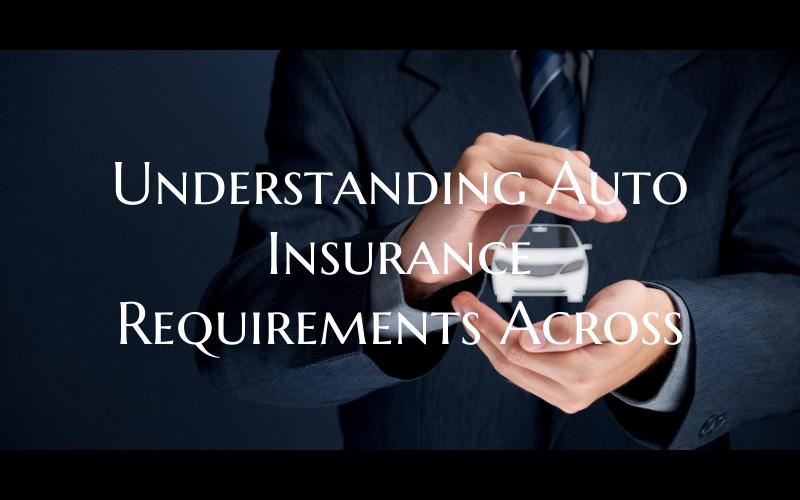Understanding Auto Insurance Requirements Across Different States in the US
Auto insurance is a mandatory requirement for drivers in most states across the United States. However, the specific requirements can vary significantly depending on where you live. It is essential for drivers to be aware of and comply with the auto insurance requirements in their respective states to avoid potential legal consequences.
In the United States, auto insurance laws are regulated on a state-by-state basis, meaning that each state has its own set of minimum coverage requirements that drivers must adhere to. These requirements typically vary in terms of the types and amounts of coverage that drivers are obligated to carry.
For example, some states may require drivers to have liability insurance, which covers the cost of property damage and injuries to others in an accident that the policyholder is deemed responsible for. Other states may also require additional types of coverage such as personal injury protection (PIP) or uninsured/underinsured motorist coverage.
Furthermore, the minimum coverage limits can vary from state to state. Some states have relatively low minimum requirements, while others have higher limits to ensure that drivers have sufficient coverage in the event of a serious accident. It is crucial for drivers to understand these requirements and purchase insurance that meets or exceeds the minimum standards set by their state.
Failure to comply with auto insurance requirements can result in penalties such as fines, license suspension, or even legal action. In some states, uninsured drivers may be subject to additional consequences, such as being responsible for paying for damages out of pocket in the event of an accident.
To ensure compliance with auto insurance requirements, drivers should review their state's specific laws and work with an insurance agent to purchase a policy that meets the necessary coverage limits. Staying informed about auto insurance regulations in your state can help you avoid potential legal issues and provide you with financial protection in the event of an accident.

